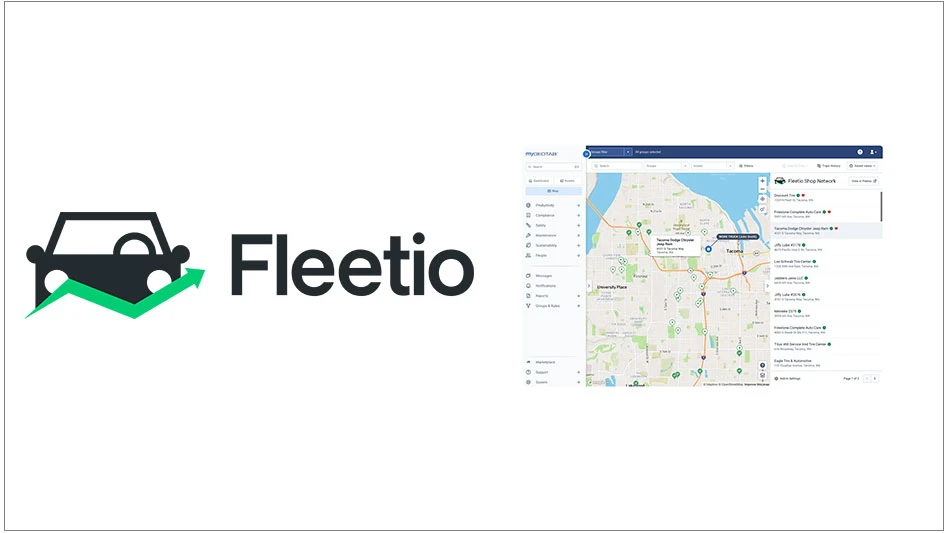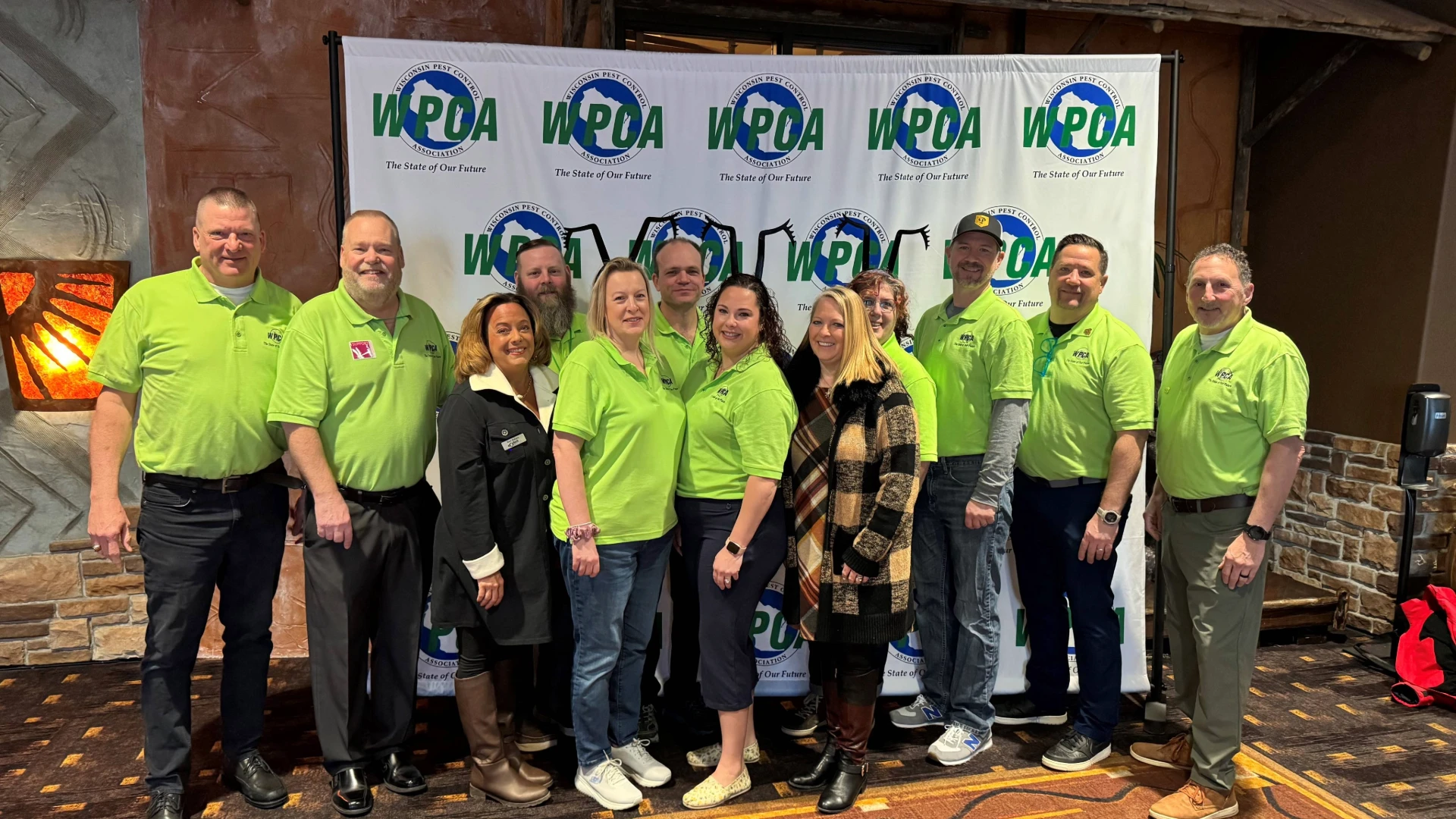REAL ESTATE COLLECTIONS
Pest control companies have long issued wood-destroying insect reports as part of the real estate transaction process. Due to the likelihood of discovering termites, performing inspections becomes a large part of a PCO’s budget. Such work could add dollars to his or her bottom line.
Many PCOs, however, do not require the client or real estate agent to pay them at the time of the inspection. Payment is promised to the PCO at the time of settlement. Like us, companies performing a large number of inspections are finding out that the promise to pay is oftentimes not fulfilled. Nonpayment translates into more precious time spent collecting monies. Collecting fees at the inspection eliminates excuses as to why your invoice was not paid, i.e., "that property did not settle." Collecting at the time of inspection also helps your cash flow.
We feel strongly that the pest control industry should go cash on delivery (C.O.D.). Appraisers, roofers and home inspectors are paid up front. Currently, interest rates are low and a lot of real estate is being sold. We cannot afford to give away our services and ask that PCOs make their transactions C.O.D.
Robert Dixon
President
Dixon’s Termite & Pest Control
Washington, D.C.
KUDOS TO KRAMER
I admire Dr. Kramer’s boldness and posture. We need more people in our industry who are willing to call it like it is. The title of the articles, "PMP or Prostitute" (see story, www.pctonline.com/articles/article.asp?MagID=1&ID=1358&IssueID=138) is somewhat intimidating and aggressive, but they have our attention. We need to realize that pest control operators are professionals, just as lawyers, doctors, engineers and the like.
Let’s stop selling ourselves cheap and start behaving like the technical professionals that we are. Educating our clients is the key to our success and we will be able to make a profit when the "bug man" image is changed. Great job Dr. Kramer. Keep up the good work!
Ruben Rodriguez
Caribbean Exterminating
Tampa, Fla.
SHARING BENEFITS EVERYONE
The story "Risky Business" (see story, www.pctonline.com/articles/Article.asp?MagID=1&ID=1362&IssueID=138) highlights reasons why termite control professionals risk their reputations and existence in termite inspections without adequate detection technology. The authors suggest ways to reduce risk and create some balance to the risk/benefit equation by detecting live, hidden termite activity. Since the 1950s and 60s when I was a page, and later a member of the planning committee for the Purdue Pest Conference and as a board member of NPCA and three state associations, great emphasis was placed on a need for more professionalism in the industry. With the goal of more professionalism, we were always told, would come better pricing and profit, better employees through better training, less risk, safer operations and a more satisfied clientele. I believed them and still do after 40 years in the lab, office and field.
Today, I can reflect on the early years of a number of professional companies and see that those willing to learn and innovate, with a little help from their friends — the industry leaders — and those willing to pay technicians more than a scrimping wage, were the ones with the smallest turnover. With less turnover came better training and with more training, better profits through better service to clientele. It was exactly as I was told early on and continues to be so. We have trained several of our competitors in the Midwest and have never feared good competition.
To be professional, every company in our industry needs to be able to investigate every possible new innovation that might help ease problem solving and make more accurate decisions for the client.
Since my retirement I have continued to evaluate new technology and suggest some direction to my former employer, a 62-year-old termite, pest control and fumigation company in Illinois. The company has a great reputation for always doing what we say we will do. When I read "Risky Business," I was convinced that the company might like to try a new diagnostic tool called a "Locatur," an acoustic emission detector (AED), manufactured by Dow AgroSciences. I tried to purchase one but was told that only Sentricon-certified companies could do so. But what if I had no interest in Sentricon? What did one have to do with the other? For a second time Dow had disappointed me as a supplier.
First, due apparently to our small size, Dow had no interest in us for several termite seasons — always promising that we were on the list to be Sentricon certified. As a result, potential clients perceived us as "unqualified." We were cut out of the competition by this unfortunate and heavy-handed policy. We were alarmed and embarrassed. It was the first time we had been disqualified for anything. Our good reputation in termite control, indicated by our termite client turnover average of 21 years, had been soiled unfairly.
I thought this was an inappropriate business practice but rather than fuss, we were trained by FMC to use their First-Line bait and monitor products. FirstLine is a splendid diagnostic tool and a stand-alone product if used both inside and outside on each job. It works as well as Sentricon if we are to believe the published reports on both.
If the message I got from NPMA, Purdue, ASPCRO and various state regulatory and association liaisons over the years that the industry must be more professional in its approach is still believed, then we will need not just Dow’s Locatur, but as many other new products as possible. Protecting only "qualified" companies smacks of favoritism and it weakens the entire industry.
Where is Dow’s risk in allowing their innovations to be free traded? Perhaps Dow could advise us why they chose to shut out so many who were interested in Sentricon. Why doesn’t Dow open the gates to their AED? Would this not be an opportunity for Dow to show a sincere interest in the structural pest control industry and to be more professional by filling the pipeline with new innovations needed by so many? This industry was created by and from small companies. If smaller members of the structural pest control industry are kept out of the circle and, in their hunger for new ideas, are not fed, the industry begins to starve. After all, the majority of pest control companies in the United States is small.
When I think of leadership in this industry, encouraging innovation, training and professionalism, I remember the untiring, unselfish contributions of the pioneers, the heroes, in the way they freely gave of their time and expertise. They were never restrictive. Anyone wishing to learn or try a new tool was allowed to do so without any formula of qualification. They all encouraged, trained and supported their industry.
The risky business, the liability of allowing the academic research arm of the industry to investigate, test, use and report in enticing fashion about a new diagnostic tool like the AED for a needy industry and to then limit its availability to a chosen few simply is highly prejudicial, discriminatory and unprofessional.
Won’t it be interesting to watch the outcome of a 2001 termite season when anyone, regardless of the size of his or her bank account or association, can purchase FirstLine, borates, Termidor and Premise? We may be ushering in a new era in termite control if we are allowed to innovate and integrate every new tool made available to us. The public should love us if this new level of professionalism makes us more effective. Let’s hope 100 percent of our suppliers agree that free access to new technology is an extremely important facet in the risk-benefit equation and our quest for professionalism.
I question how we expect to further public respect if there is a lack of it between companies, suppliers and academia in the industry. How we can expect to be called professionals when there is no free exchange of ideas and new technology to advance our knowledge? Networking between academia, suppliers, vendors, PCOs, regulators, association staff and allied industries and free access to innovations builds bridges. Restriction to free exchange builds walls. Maintaining effective, consistent messages among individual members and a powerful image in the public sector are — and always will be — important to the success of the industry and every business in it.
Search your mind for things you cannot purchase if you have the money to purchase. There are few. You can purchase vehicles, property, stocks, jewelry, and more. But you must be qualified for a long period of time for some termite control systems — possibly too long to retain your interest in them.
Mike Shinkle, Ph.D.
Former President
REMS Inc.
Peoria, Ill.
Readers with comments are invited to write to PCT Letters, 4012 Bridge Ave., Cleveland OH 44113. Letters also can be faxed to 216/961-0364, or e-mailed to jdorsch@pctonline.com. Letters may be edited for space or clarity.

Explore the May 2001 Issue
Check out more from this issue and find your next story to read.
Latest from Pest Control Technology
- NPMA Awards David Cooksey PestVet, Policy Person of the Year
- Pink Pest Solutions Opens New Kansas City Office
- GA Dept. of Ag Experts Urge Reporting of Yellow-legged Hornet Embryo Nests
- Lloyd Pest Control Treats 'Kitchen Nightmare' Cockroach Infestation
- Beach Pest Service Opens New Office in Hampstead, N.C.
- NYC PCO Growing Business with Focus on Corporate Clients
- Massey Services Promotes Silver, Crespo to Director Roles
- Recurring Services Model, Wildlife Offerings Lead to Impressive Growth for Tailor Made





